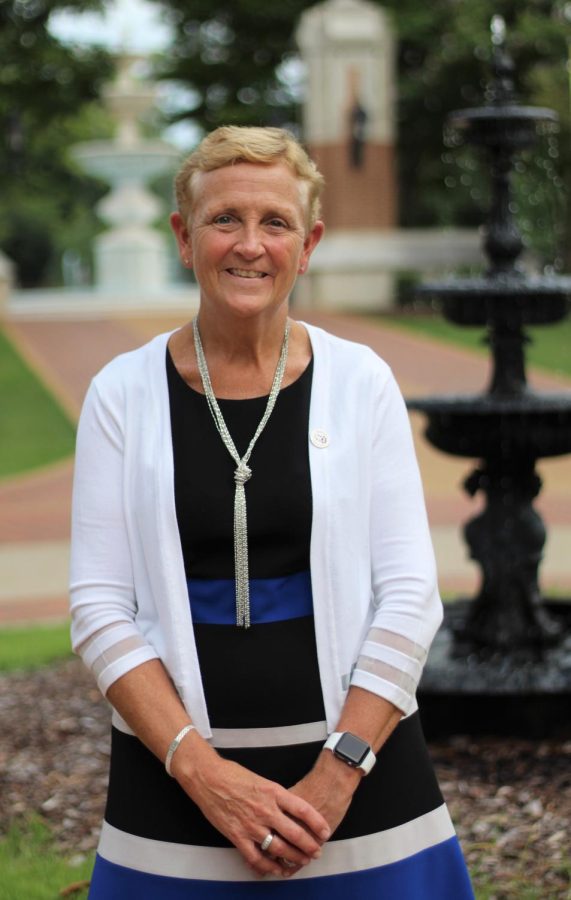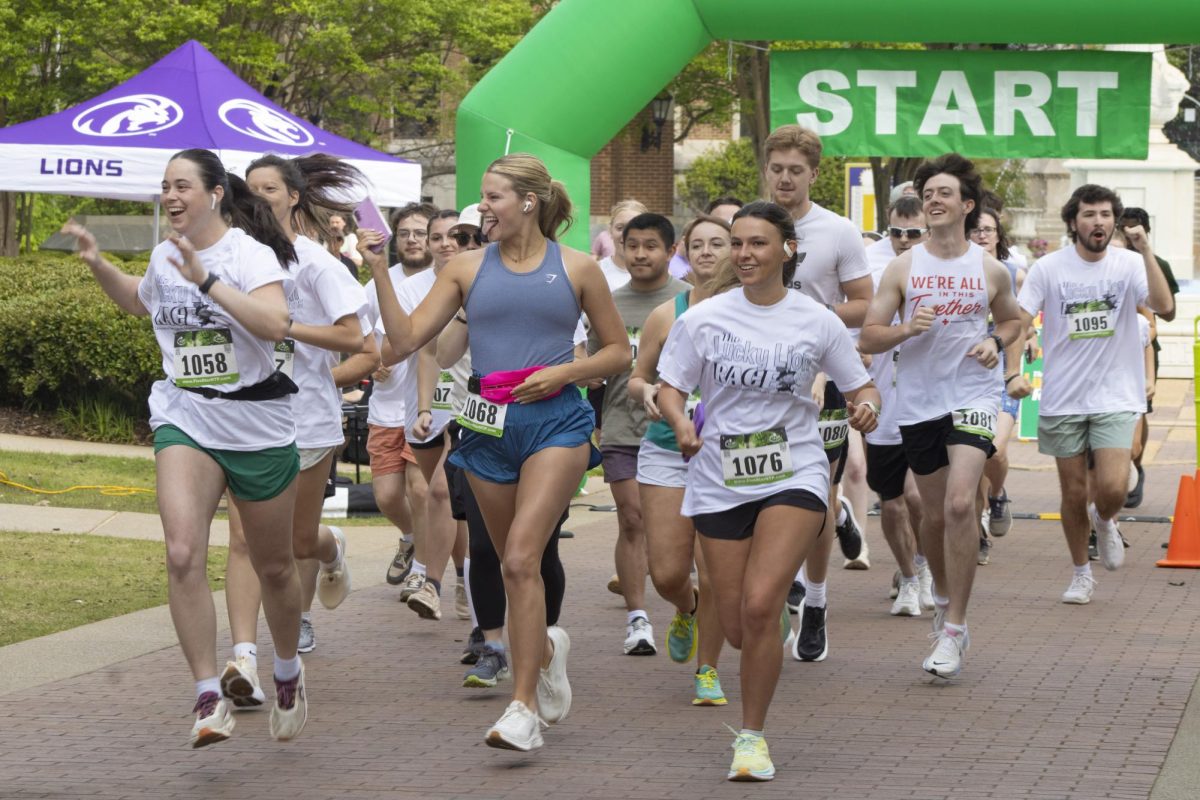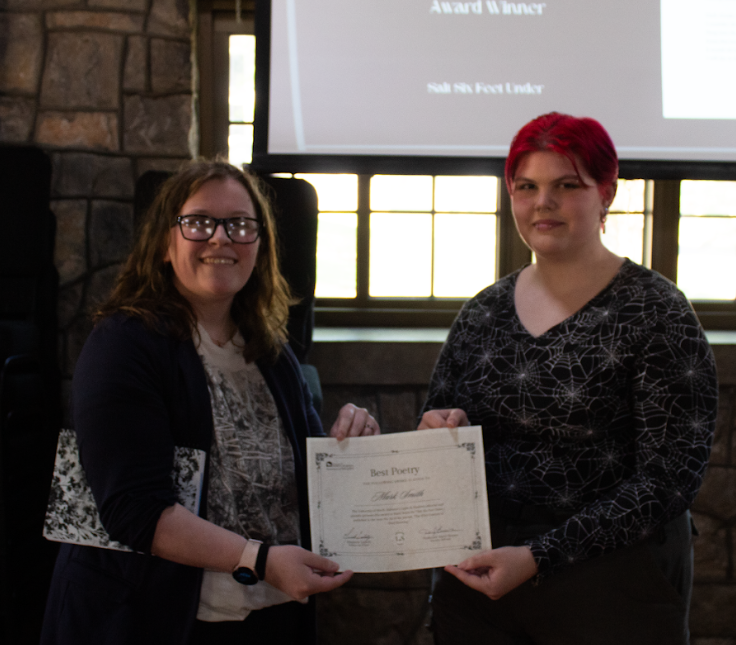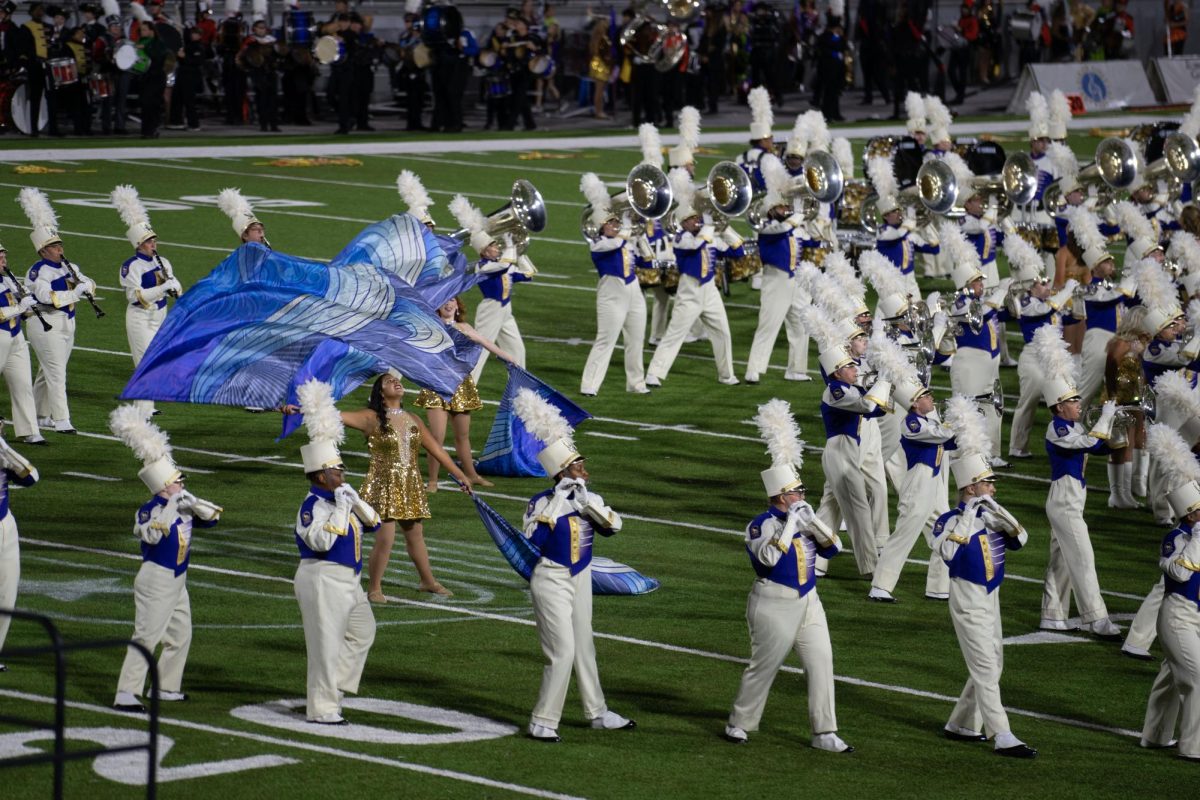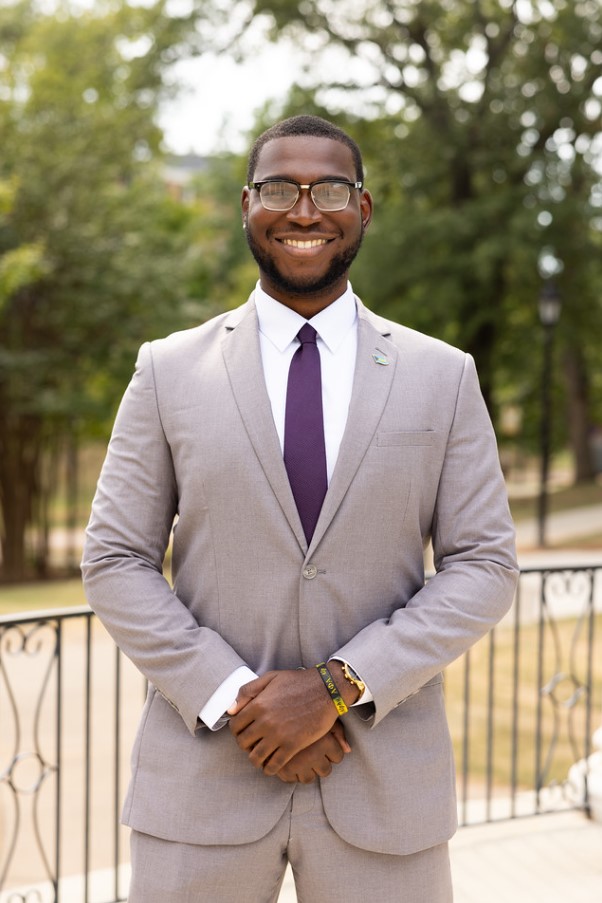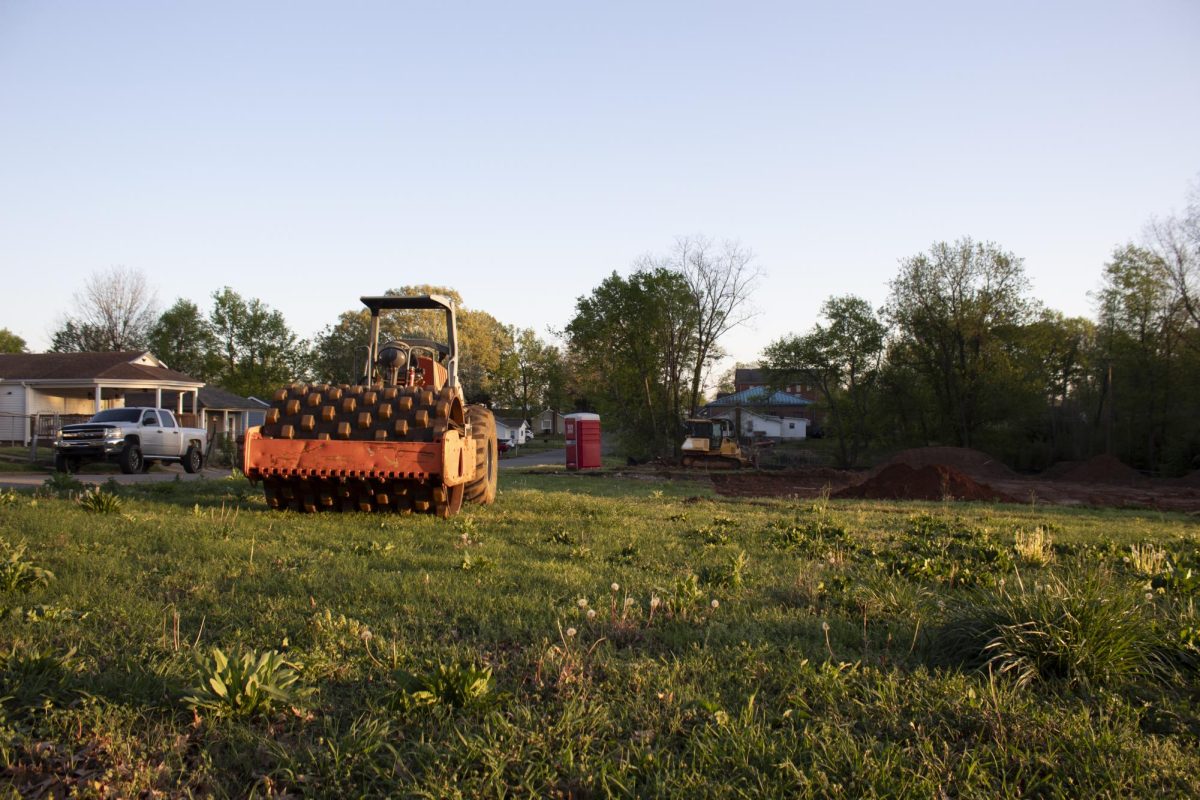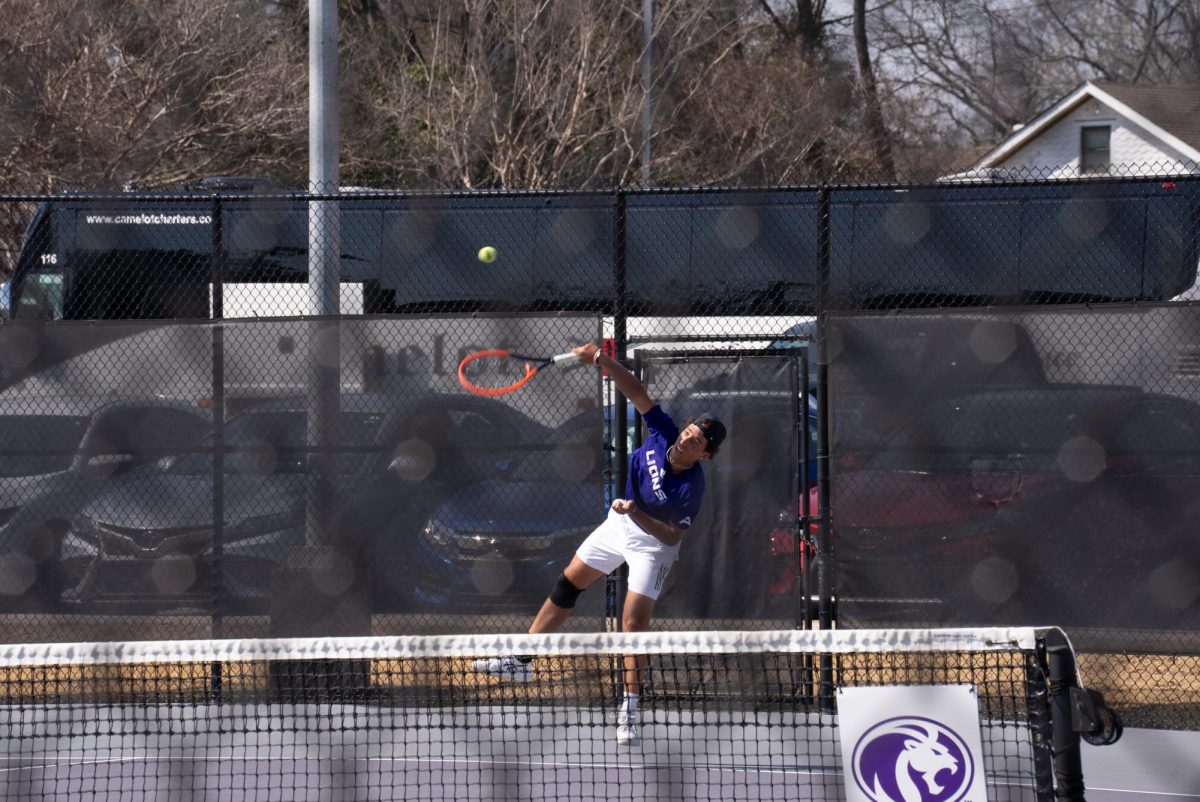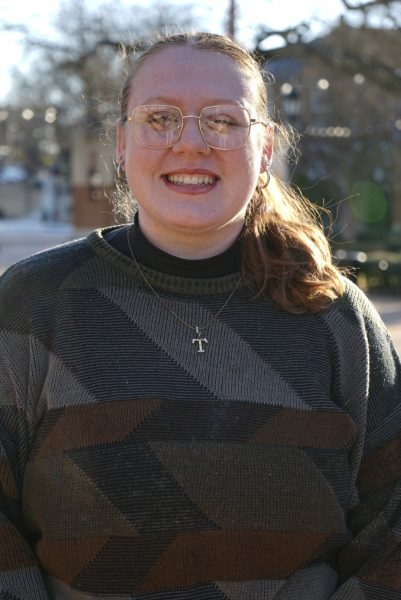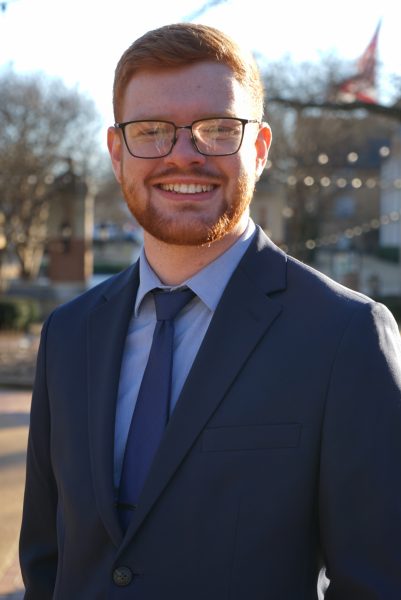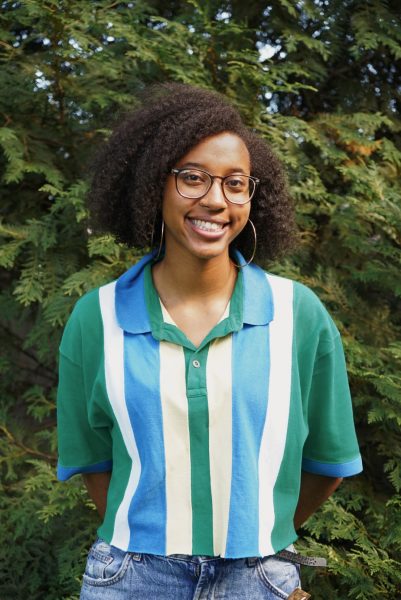Since the beginning of the school year, many University of North Alabama students have voiced their concerns over record-breaking enrollment numbers, in light of struggles with infrastructure, primarily parking. For students who commute to campus daily, the struggle to find conveniently located parking spots has been highlighted by the increased number of students on campus this year.
To help facilitate communication between the University and the student body, Dr. K.C. White, UNA’s Vice President for Student Affairs, spoke about UNA’s campus infrastructure.
Parking on campus has been a major discussion among residents and commuters alike. There have been calls for the construction of a new parking garage, and discussion of whether the new Bank Independent Multi-purpose stadium is the right move for the university.
“We are one of the only campuses that I’ve ever worked at that don’t make you pay for a spot,” said Dr. White.
She lamented that the lack of charging for a space leads to a lack of funding for new spaces, but this is necessary in order to keep parking affordable and accessible for all students.
“Staff is also affected by this issue,” said Michele Eubanks, director of University Media and Public Relations. “It makes you really think if you want to leave campus for lunch.”
Some alternatives to driving are using the new Slidr transport system that recently replaced the UNA buses. This new company UNA has partnered with is comparable to Uber and Lyft, but specifically for the university. Students can download the Slidr app to look at the routes and times available in order to utilize this system.
The decision to replace the UNA bus system with Slidr transport was a culmination of driver issues, cost and overall untenability for the university to continue to keep with. The Leo’s Route vans are also to be phased out in the coming months.
Another alternative is the use of the electric bicycles and scooters available on campus. According to Dr. White, the university understands that students work, and many desire to park close to their resident hall if one gets off late, but in this case they emphasize the use of the Student Night-time Auxiliary Patrol (SNAP) program.
The SNAP program is available for fall and spring semesters from 7:30 p.m. – 1:30 a.m. every night. Students can call 256-765-4357 Extension #5 to be connected to the dispatcher, and they will send someone to escort the student to their desired location on campus.
Students on campus have expressed concerns for the record-high enrollment numbers affecting housing as well. Dr. White clarified that these record high numbers include students who are online, on the international campus, those in the graduate program, and those who participate in early college.
The LaGrange building is currently being demolished, and there are plans to build a new residence hall in that space. They plan to fit between 180 and 200 students in this cluster-style dorm.
Students have also expressed concern over whether building the Bank Independent Multi-Purpose stadium is the best move for the university, with the main concern being increased tuition costs. White clarified that the stadium will be privately funded through the “Shine On, Gold” program and other private donations, not paid for through students’ tuitions.
“This stadium will be a game changer for the university,” White said. “Being in the south, D-1 Football is a big deal, so that’s also very exciting because it demonstrates, I think, a belief in the institution. There may be events that are held there that are more sponsored by the Shoals area and the City of Florence, so there’s a lot of mutually beneficial things that will come from that growth. And that is not on the backs of student’s tuition.”


